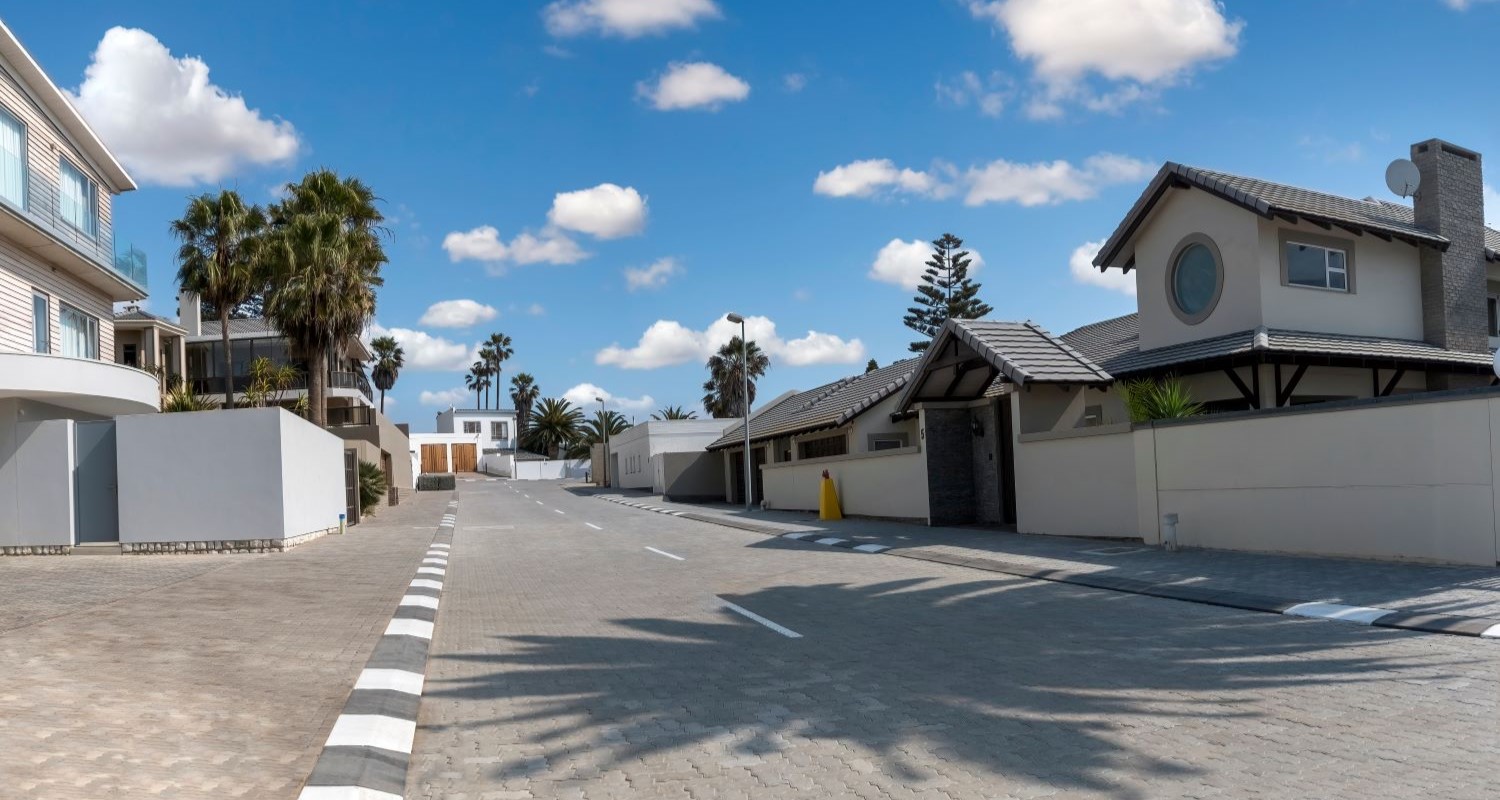Selling a home can be a stressful and challenging process, especially when your property has been on the market for an extended period. However, there are several strategies you can employ to increase your chances of selling your home.
Is your asking price correct?
One of the biggest problems might be that your asking price is not set correctly. If you are selling your home privately you might need to call in the professionals to ensure you haven't inadvertently set your asking price too high. Despite the common myth that setting your asking price high will leave room for negotiation, it usually has the opposite effect of what you want. Buyers are either scared away by your high price or those who can afford the inflated price will quickly see that it doesn't compare to other properties in the same price bracket.
A savvy agent can help the seller set the best, most competitive price for their home based on other recent sales and local market trends. They will also negotiate on the seller’s behalf to ensure that buyers put their best offer forward.
How to tell if your property is overpriced
-
The home is priced well above neighbouring properties for sale
-
Buyer interest is very low - even on show days
-
Despite months of marketing, all the offers are below the asking price
-
Properties in the neighbourhood are selling quickly, while yours aren't
However, not all hope is lost in making a good sale though. Here are our top tips on how to go about remarketing a previously overpriced home.
-
Plan a fresh start- Buyers who recognize a listing as having been on the market for months without selling are going to assume there is something wrong with the property. If your agent isn't willing to put in the time and effort to take fresh photos and create a new listing, you may need to have a serious conversation about expectations and performance.
-
Don't make the same mistake twice - No amount of pretty pictures and descriptive adjectives is going to sell your home if you get the price tag wrong a second time. To avoid that, we suggest getting a revised set of valuations done before re-listing, preferably by two or three agents who are active in your area. Make sure your agent can back up their valuations with good, hard evidence like a comparative market report that showcases facts and trends for property in your area.
-
Be transparent with buyers - If you attract buyers who previously avoided your property because of its overvalued price tag, be honest and upfront with them. They might have some doubts about potential flaws or defects that could have caused the price reduction. Your job is to ease the doubts by having copies of approved plans, comprehensive defect lists and even getting a professional home inspection report done if possible. Nothing is more comforting to a buyer than a seller that is a 100% above board. Defect lists are best drawn up with the help of your agent, who can assist you in being unambiguous without overplaying ordinary flaws. Professional home inspection reports can be commissioned at any number of inspection agencies, but make sure your chosen inspector is fully accredited.
Enhance your property's appeal
First impressions matter. Improving your home's appeal might just be the boost it needs to get it sold. Take a walk around the property and look at it from a buyer's perspective - what are the things that might not be in the best shape that could make buyers second guess whether they should make an offer or not?
Are there a lot of little broken things around the exterior - rusted gutters, leaking taps, or a patio in disrepair? Make a list of the things that you can improve on - sometimes just a good garden cleanup does the trick - and get to it. If you can afford to paint the exterior, do so. It can be hard to be completely honest about the condition of your property - ask a trusted friend or family member to help if you feel that they will be able to be more objective.
Do the same for the inside of your home. Consider staging your property - here are our top tips:
1. Declutter
Your home must be clean, inviting, and exciting for potential buyers to view. Declutter and pack away unnecessary items. Buyers should be able to focus on the home and what it has to offer, rather than its contents. Cluttered rooms will feel smaller and overcrowded. Ideally, you’d want to reduce the home’s contents by about half. Hiring a storage unit while the home is on the market will help in storing unwanted pieces.
2. Keep it clean
With fewer items in the home, it’ll be easier to keep the home clean. An emptier home makes it easier to have the carpets professionally cleaned, which will make a big difference to how the home looks and smells. Washing the curtains will also add a pleasant aroma to the home. Fresh or new bedding will go a long way in sprucing up the bedrooms and getting them to look their best.
3. Introduce pleasant scents
Be conscious of the way the home smells because it can have an impact on the sale of the home. Good smells conjure up positive emotions, while bad odours will put potential buyers off. Nothing beats the smell of freshly brewed coffee or freshly baked cookies on a show day.
4. Wall art and natural light
Invest in wall art and pay attention to the Feng Shui in the rooms. Each room should be as bright as possible and should not hinder the natural walking paths and flow of the home. When buyers can view the home, keep the curtains or blinds open to let in as much natural light as possible.
5. The devil is in the detail
Sometimes subtle, well-planned changes can make the biggest impression, such as a sparkling blue swimming pool or a freshly mowed lawn. A nice touch is some fresh flowers on display or a welcome mat – all these little things combined will add to the appeal of the home and impress potential buyers.
Professional Photography
High-quality photos can make a significant difference in how your home is perceived online. Now that you have upped the appeal consider retaking the listing photographs and relisting your property. Not only will you now put your best foot forward for those who might not have seen your listing before, but could also be the reason why those who have seen your property in a new light. It is a win-win situation.
Strategic and effective marketing
Effective marketing is a cornerstone of successful real estate transactions, especially in slower markets. Exclusive mandates allow for a more focused and coordinated marketing strategy, which enhances a property's visibility. This strategic approach becomes even more critical during challenging economic times, as it holds agents accountable and ensures a more dedicated effort toward achieving a successful sale.
The expertise of area specialists
When choosing an agent for an exclusive mandate, it's crucial to select an area specialist with a solid track record. An experienced agent who understands the nuances of the local market can provide valuable insights and guide the pricing and negotiation strategies. A knowledgeable and trustworthy agent with integrity will navigate both high-demand and oversupplied markets effectively, ensuring the best possible outcome for the seller.
Selling a home that has been on the market for a long time can be challenging, but it is not impossible. By reevaluating your pricing strategy, enhancing your home's appeal, and expanding your marketing efforts, you can increase your chances of selling your home successfully.



